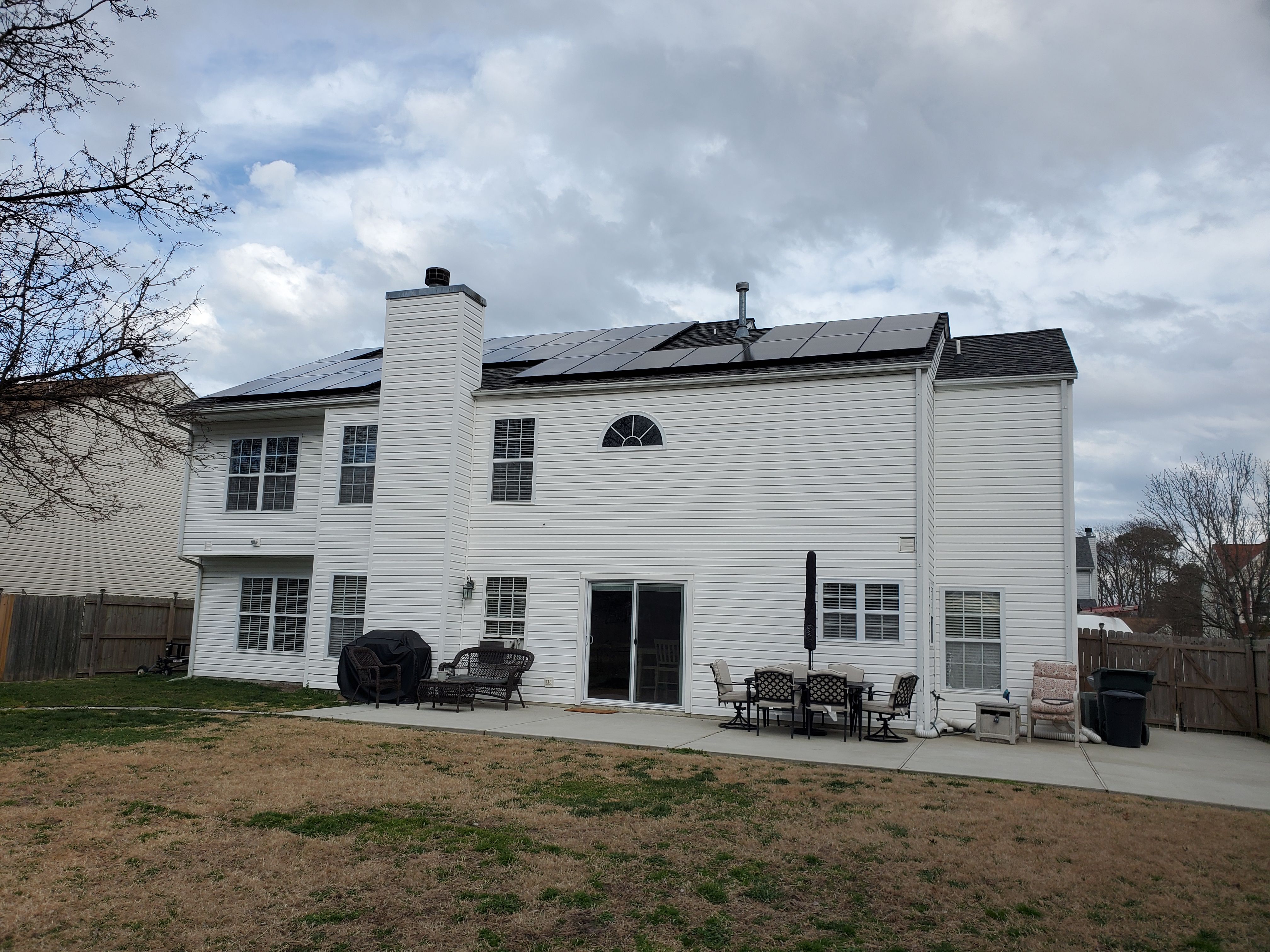Your Guide To Going Solar In Texas

Texas is ranked 6th overall as a solar state and has provided more than 9,000 Texans jobs in the solar industry. There is a lot of sunshine to take advantage of in Texas.
Cost of solar in Texas
Between the solar rebates offered by the utility company and the federal tax investment credit, on average homeowners in Texas have a payback period of 8 years on their solar systems. Solar panels have an expected life of 25-30 years. That is roughly 20 years of solar savings in your pocket. The price of solar has fallen 34% over the last 5 years according to a recent report released by the SEIA. Everything’s bigger in Texas, even the solar savings.
Solar Rebate Programs
Solar rebates are offered by utility companies. The rebase can help subsidies the upfront costs of going solar. You can only get a rebate if you pay for the solar system upfront with cash or through a loan - you cannot receive a solar rebate if you are leasing the solar panels. Each utility company differs on the amount, how, and when they pay you - let’s explore this more: Austin Energy: Homeowners who get a PV solar system installed on their home can complete Austin Energy’s solar education course to earn a $2,500 rebate. Learn more here. Solar PV system in Texas may qualify for property tax exemptions. To see if you qualify for tax exemptions visit Texas Comptroller’s website to find guidelines and exemption applications for solar-powered homes. CPS: Solar rebates and incentives through CPS are capped at 50% of a project’s cost. Residential projects receive $2,500 per project. You can receive a $500 premium for projects utilizing local modules. Commercial projects get $0.60 per AC Watt for the first 25kW and $0.40 per AC Watt for kW over 25. You can receive a $0.10 per AC Watt premium for utilizing local modules. If you use a non-local installer that the rebate is reduced to 75% of the rebate amounts listed above. Learn more here. Oncor: $538.53 per kW plus $0.2519 per kWh in one year
Net Metering In Texas
Solar energy systems produce electricity at different rates depending on the time of day or year. They hit their peak production in the afternoons when most people tend to be out of the house. So, how does one make up for these missed periods of peak electrical production? That is where net metering comes into play. Excess electricity that is produced and not being used will be fed into an electric utility grid, also known as net metering. Each state and utility company differs on their net metering policies, but in some cases, homeowners can even be paid for the excess energy they produce that is fed back to the grid. Texas has not established a net metering policy yet, however, many municipals and utilities have created their own net metering policies.


